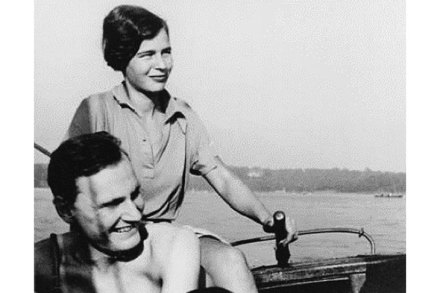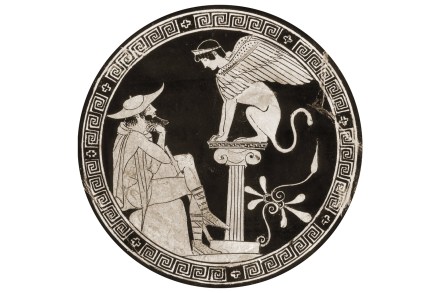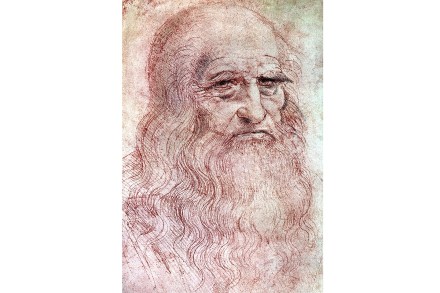Written in blood or bound in human skin: the world’s weirdest books
In 1791, Isaac D’Israeli — father of prime minister Benjamin — published his most famous work, the Curiosities of Literature, a collection of freewheeling mini-essays on whatever literary topics happened to tickle their author’s fancy: ‘Titles of Books’, ‘Noblemen Turned Critics’, ‘On the Custom of Saluting after Sneezing’, ‘Cicero’s Puns’. One of its joys is




















